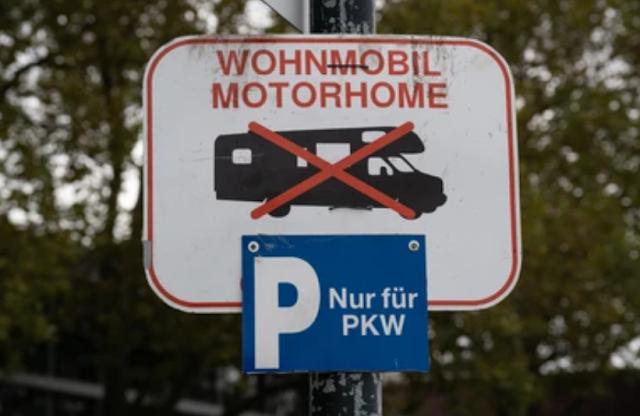Mobile Home Park Laws: Rights and Protections for Residents
Mobile Home Park Laws: Rights and Protections for Residents
Mobile home park laws govern the rights and protections afforded to residents living in mobile home parks or manufactured housing communities. These laws aim to ensure fair and equitable treatment of residents and regulate the responsibilities of mobile home park owners or operators. In this detailed explanation, we will explore the key aspects of mobile home park laws, including resident rights, landlord obligations, and relevant legal protections.
Resident Rights:
Mobile home park laws typically grant residents certain rights to protect their interests and ensure a safe and habitable living environment. These rights may include:
- a. Right to a Written Lease: Residents have the right to a written lease agreement that clearly outlines the terms and conditions of their tenancy, including rent amount, payment schedule, maintenance responsibilities, and rules and regulations of the park.
- b. Right to Notice of Rent Increases: Park owners must provide residents with advance notice of any rent increases, as specified by local laws. This allows residents to plan and budget accordingly.
- c. Right to Reasonable Rules and Regulations: Park owners can establish reasonable rules and regulations for the community, but they must be fair, non-discriminatory, and consistent with local laws. Residents have the right to be informed about these rules and regulations in writing.
- d. Right to Quiet Enjoyment: Residents have the right to enjoy their mobile homes and the park premises without unreasonable disturbances or interference from the park owner or other residents.
- e. Right to Privacy: Park owners must respect residents' privacy rights and obtain consent before entering their mobile homes, except in emergencies or with proper notice for maintenance or inspections.
- f. Right to Due Process: Residents have the right to due process, which means they must be given fair and adequate notice and an opportunity to be heard before any eviction proceedings or adverse actions are taken against them.
Landlord Obligations:
Mobile home park laws impose certain obligations on park owners or operators to ensure the well-being and fair treatment of residents. These obligations may include:
- a. Maintenance and Repairs: Park owners must maintain the common areas of the park, such as roads, utilities, recreational facilities, and landscaping, in a safe and habitable condition.
- b. Utilities and Services: Park owners must ensure the provision of essential utilities and services, such as water, sewage, electricity, and garbage collection, in a reliable and consistent manner.
- c. Compliance with Health and Safety Standards: Park owners must comply with local health and safety codes to ensure that the park meets required standards for fire safety, sanitation, ventilation, and other health-related aspects.
- d. Non-Discrimination: Park owners cannot discriminate against residents based on protected characteristics, such as race, color, religion, national origin, sex, disability, or familial status, as mandated by fair housing laws.
- e. Rent Regulation: In some jurisdictions, mobile home park laws may include provisions for rent control or rent stabilization, limiting the amount and frequency of rent increases.
Legal Protections:
Mobile home park laws may provide additional legal protections to residents to safeguard their rights. These protections may include:
- a. Anti-Retaliation Provisions: Park owners are prohibited from retaliating against residents who assert their rights or file complaints, such as by increasing rent, reducing services, or initiating unwarranted evictions.
- b. Dispute Resolution Mechanisms: Mobile home park laws may establish procedures for resolving disputes between residents and park owners, including mediation or arbitration processes, to avoid costly litigation.
- c. Regulatory Oversight: Some jurisdictions have regulatory agencies or departments responsible for enforcing mobile home park laws and ensuring compliance with relevant regulations. Residents can seek assistance from these agencies in case of disputes or violations.
It's important for mobile home park residents to familiarize themselves with the specific mobile home park laws applicable in their jurisdiction. Consulting with local housing agencies, legal aid organizations, or attorneys specializing in mobile home park laws can provide residents with guidance and support in asserting their rights and addressing any concerns or violations they may encounter.















No comments